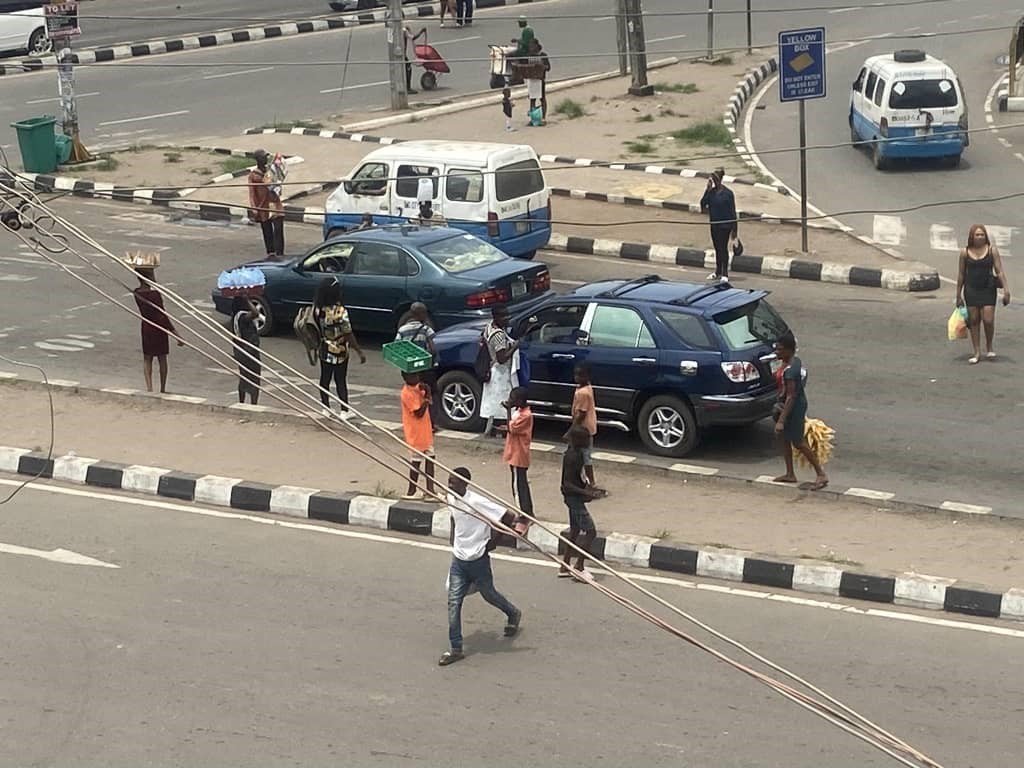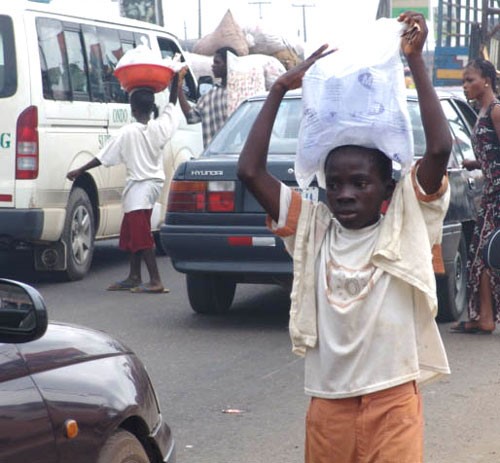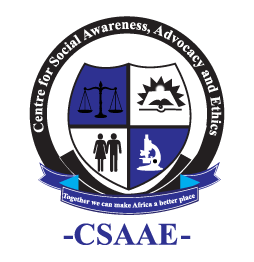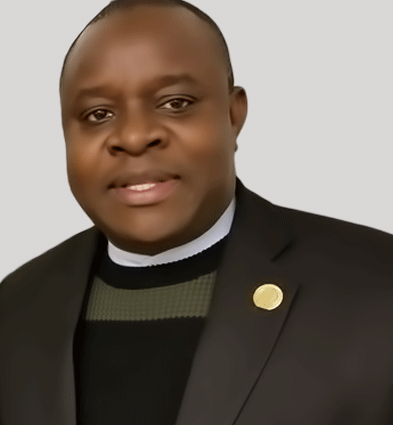In recent years, Owerri, the capital city of Imo State, Nigeria, has witnessed a troubling trend in the rise of children hawking on its streets. This activity is a direct contradiction to the Child Rights Law of Imo State, which aims to protect the rights and welfare of children. Despite legislative efforts, the plight of these young hawkers persists, raising concerns about their well-being and the effectiveness of existing legal frameworks.

The sight of children as young as five or six, balancing trays of goods on their heads or weaving through traffic to sell wares, has become distressingly common in Owerri. These children, often from impoverished backgrounds, are pushed into hawking by economic necessity, family pressure, or even exploitation by unscrupulous individuals. While their presence on the streets may contribute to their family income, it comes at a significant cost to their education, health, and overall development.
The Child Rights Law of Imo State, like similar legislation across Nigeria, prohibits the economic exploitation of children and mandates access to education and healthcare for every child. However, the enforcement of these Laws remains a challenge, with factors such as poverty, inadequate social services, and cultural norms undermining their effectiveness. Additionally, the absence of robust mechanisms for identifying and supporting vulnerable children further amplifies the problem.
Efforts to address the issue require various approaches that combines legal reforms, socio-economic interventions, and community engagement. Firstly, there is a need for stricter enforcement of the existing Child Rights Law, including penalties for those who exploit or employ children in hazardous activities. Law enforcement agencies must collaborate with relevant stakeholders to identify and rescue children from exploitative situations, providing them with access to rehabilitation and support services.

Furthermore, addressing the root causes of child hawking necessitates targeted interventions aimed at poverty alleviation, access to quality education, and social welfare programs for vulnerable families. By addressing the socio-economic factors that drive children into the streets, the Imo State Government can create a safer and more supportive environment where children can thrive.
Education also plays a crucial role in combating child hawking. Schools should be accessible, affordable, and equipped to accommodate children from diverse backgrounds, including those living in poverty. Additionally, awareness campaigns targeting parents, guardians, and the broader society are essential for changing attitudes towards child labour and promoting the value of education in breaking the cycle of poverty.
Empowering children with skills and opportunities for alternative livelihoods is another vital aspect of addressing the issue. Vocational training programs and youth empowerment initiatives can equip children with the skills they need to pursue sustainable and dignified means of earning a living, thereby reducing their reliance on street hawking.
Ultimately, addressing child hawking in Owerri, Imo State, requires a concerted effort from all stakeholders, including government agencies, civil society organizations, religious institutions, and the private sector. By prioritizing the rights and well-being of children and implementing comprehensive strategies, we can create a future where every child in Owerri has the opportunity to thrive, free from the perils of street hawking and exploitation.


